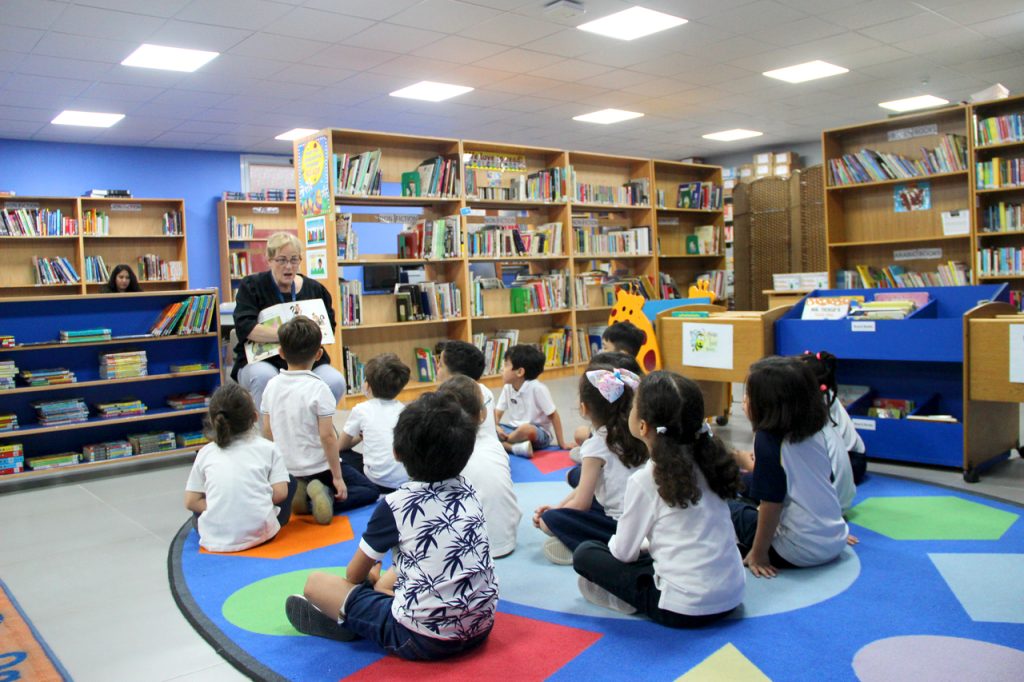Combined Support Services
Reigate Grammar School Riyadh (RGSR) adopts an inclusive policy and students with additional learning needs are offered the opportunity to join the school if we possess the facilities and expertise to meet their needs. Our fully qualified and experienced staff are always available to support and advise our community – please contact the Admissions Office for further information.
Special Education Needs (SEN)
RGSR has an extensive SEN department which caters to students with a wide range of additional needs, including Autism (mild to moderate), Downs Syndrome, Global Developmental Delay, Cognitive Delay, Cerebral Palsy and Attention Deficit Hyperactive Disorder. We provide both withdrawal and in-class support to students who have been identified as having a specific learning need. skills.

Upon assessment, an Individual Education Plan (IEP) for each student is created by the department’s staff in consultation with parents. IEPs contain goals and strategies designed to meet the requirements set out in the key learning areas of the student’s schedule. We believe in a collaborative approach in which parents and associated health professionals are encouraged to discuss and share information regarding the students’ progress throughout the academic year.
RGSR also offers a bespoke SEN programme for students who are currently unable to access the mainstream classroom. This is based on the Treatment and Education of Autistic and related Communication Handicapped Children framework (TEACCH) that presents a very structured curriculum. This curriculum is modulated and differentiated to meet the individual needs of each student.
English as an Additional Language (EAL)
The EAL department recognises and meets the needs of students who are learning English as an Additional Language. Students who have a home language other than English and who are in the process of learning English are taught by qualified and specifically trained teachers who support students to develop their English language and literacy skills.
